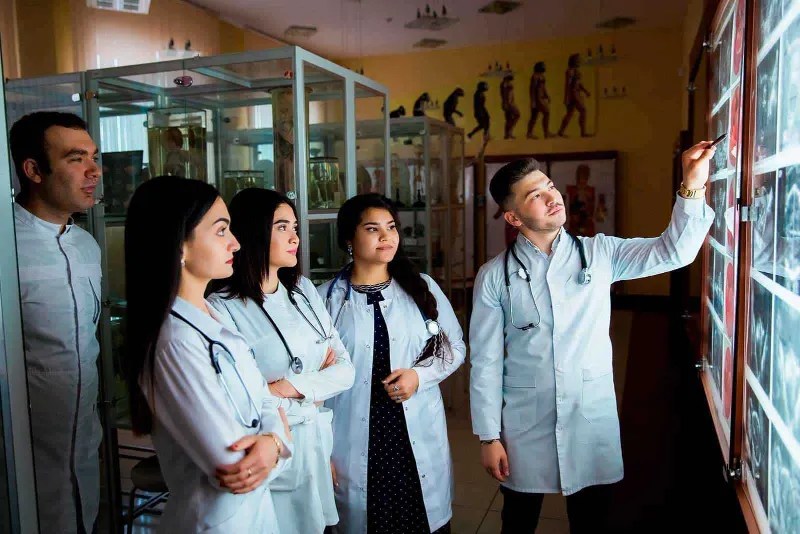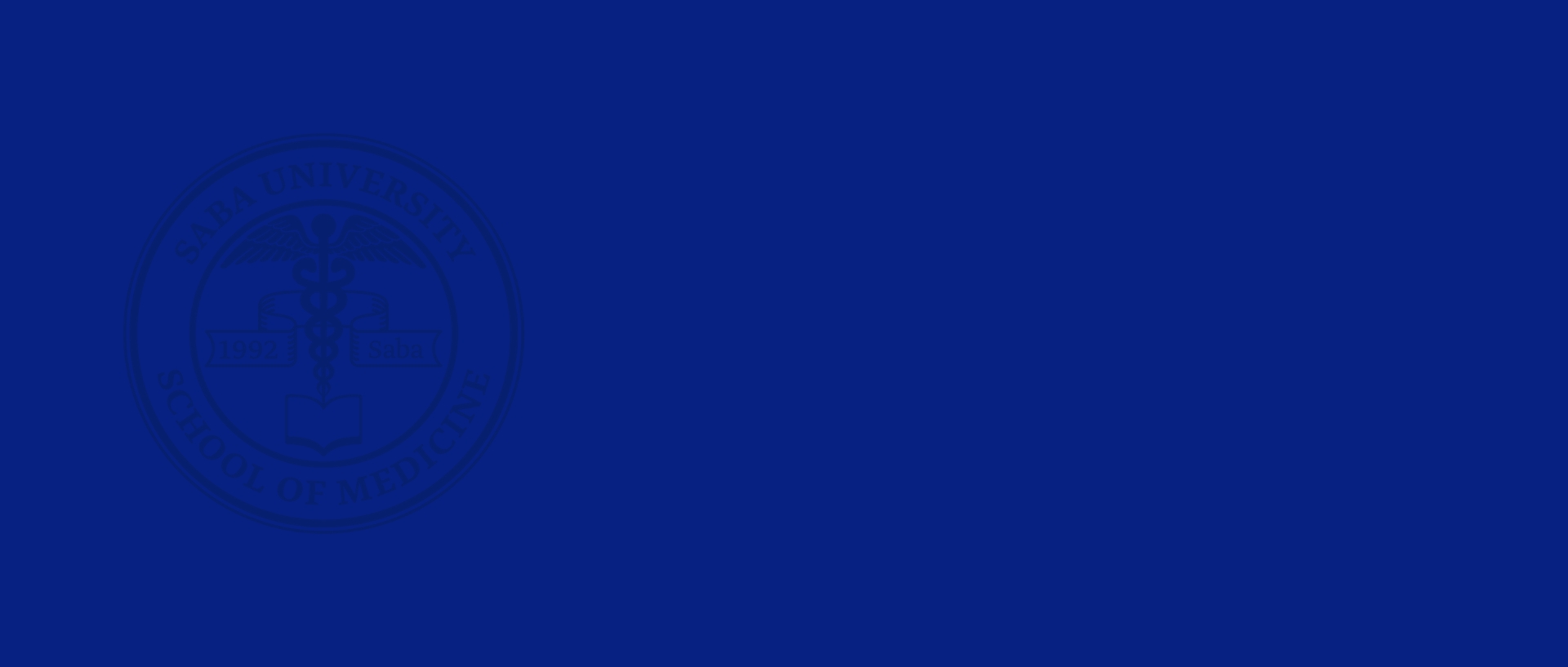
What is the difference between basic medicine and clinical medicine?
Learn more about the unique differences between the basic science and clinical medicine semesters.
Basic medicine and clinical medicine are terms that are often erroneously interchanged. However, there are many distinct differences between the two.
If you’re an aspiring medical student, you should understand the difference between basic medicine and clinical medicine. Read ahead to learn how to differentiate between the two medical branches.
What is Basic Medicine?
Basic medicine involves the study of the basic structure and functions of the human body. You will learn about different aspects of human anatomy along with the type and nature of diseases affecting parts of it. Basic medicine usually precedes clinical medicine and provides the theoretical support for developing essential clinical skills required for a medical professional.
A strong foundation of knowledge in general biology, chemistry and genetics will provide a good foundation for those planning to enroll in a basic sciences program.
Basic Medicine at Saba
At Saba University School of Medicine, the Basic Sciences curriculum lasts for the first five semesters. It covers all basic medical sciences such as human metabolism, systems and disease, nutrition and the comprehensive human body structure.
Here are the basic medicine subjects that you will study if you choose to enroll at Saba University School of Medicine.
- Human Body Structure and Function
- Human Histology and Physiology
- Clinical Skills I
- Metabolism and Nutrition
- Genetics and Development
- Infection/Defense/Response
- Medical Ethics
- Clinical Skills II
- Research Curriculum-Evidence Based Medicine
- Neuroscience and Neurology
- Systems and Disease I
- Clinical Skills III
- Behavioral Medicine
- Systems and Disease II
- Systems and Disease III
- Clinical Skills IV
- Systems and Disease IV
- Clinical Skills V
- Foundations of Clinical Medicine
- Research Curriculum-Critical Appraisal
Once you master the basic medical subjects at Saba, you will be eligible to apply to take the Step 1 of the United States Medical Licensing Examination (USMLE). The USMLE Step 1 exam is considered one of the most demanding professional licensing exams in the medical profession.
The “Foundations of Clinical Medicine” course in the 5th semester at Saba provides comprehensive preparation and a full-length simulated exam experience.
Want to be completely prepared for your USMLE Step 1 exam? Saba’s USMLE Step 1 results are comparable to top medical programs in the USA.
The USMLE Step 1 first-time pass rate at Saba stood at an impressive 99% between 2015 and 2020. The Institution is accredited by the Accreditation Organization of the Netherlands and Flanders (NVAO), making it the only Caribbean medical school held to high European standards.
The clinical medicine program at Saba is excellent, and also adheres to the high standards of the basic sciences program. Saba graduates have secured residencies with some of the leading teaching hospitals in the USA and Canada.
Learn more about the MD program at Saba.
What is Clinical Medicine?
Clinical medicine covers an exhaustive study of highly technical medical subjects and a practical experience of medicine. This experience can include direct observations, diagnosis, as well as treatment and management of real life patients.
Clinical medicine involves applying the theoretical knowledge that you’ll have absorbed previously from books and in classes into clinical settings during clinical rotations and residencies. It covers a comprehensive understanding of a patient’s medical status through documentation of the clinical history, and different examinations and investigations.
Clinical Medicine at Saba
The Clinical Medicine program at Saba lasts from semesters 6 to 10; you’ll then complete your degree and join a residency program. It consists of active clinical experience in the form of the following:
- An 8-week research module
- 42 weeks of compulsory clinical rotations in core subjects like surgery, internal medicine, pediatrics, obstetrics and gynecology, and psychiatry
- 30 weeks of elective clinical rotations based upon the projected medical specialty of the student
At the end of the Clinical Medicine program, you will be eligible to sit for the two-part USMLE Step 2 exam: Clinical Knowledge and Clinical Skills. The Clinical Knowledge exam tests students for their clinical understanding of medical theory applied in a clinical setting. The Clinical Skills exam uses standardized patients to address the diagnostic challenges and patient-centric behavior while also assessing the student’s documentation abilities.
The core clinical rotations, as a part of the clinical medicine program at Saba, can expose you to different case studies and feedback, enhancing your preparation for a career in medicine. It can also help you explore diverse careers within medicine.
You will need expertise in both topics to be an excellent clinician. A comprehensive understanding of both worlds can help you pass rigorous medical licensing exams or pursue further medical specializations further down the line.

For prospective students
Saba is committed to supporting prospective students with any questions or queries throughout the application process. Please see the following links for detailed information about each topic:
If the information you are seeking is not provided here, please get in contact by contacting via WhatsApp here.
Get in touch for more information